Overview of Search Engine Optimization (SEO)
SEO (Search Engine Optimization) is the process of optimizing a website to improve its ranking on search engines like Google. When you own an e-commerce website, applying the right SEO strategy is essential to attract potential customers and increase revenue. SEO top Google helps your website appear on search engine results pages, making it easier for users to access the products or services you offer.
SEO not only helps improve the ranking of e-commerce websites but also ensures that customers can find your products when they need them. Especially for small businesses or online sales websites, search engine optimization helps build a solid foundation to attract customers without spending much on paid advertising.

What is SEO and the Importance of SEO for E-commerce Websites?
SEO is a method that helps websites become easily discoverable on search engines. In the e-commerce industry, SEO services are not just about improving rankings but also about building trust with customers and enhancing conversion rates. For an e-commerce website to succeed, applying appropriate SEO strategies will ensure that the website is always in the top search results on Google, helping to attract natural traffic from potential customers.
- Create a presence on search engines: When a website is SEO-optimized, the likelihood of appearing on the first page of search results is higher, thereby increasing customer reach.
- Increase revenue growth: SEO helps bring your products closer to customers who need them, increasing sales opportunities without spending a lot on advertising costs.
- Build reputation and trust: E-commerce websites with high rankings are often more trusted by consumers, helping to build a long-term brand.
Thus, SEO is an indispensable tool in the e-commerce website development strategy. Designing an SEO-standard website will help optimize development opportunities for businesses, especially in today's highly competitive environment.
Key Factors Affecting SEO
For effective SEO, you need to understand the factors that directly affect your website's ranking on search engines. These factors include both technical and content elements. An e-commerce website that wants to achieve high SEO performance needs to have a perfect combination of these factors.
The first important factor is quality content. Search engines always prioritize websites with useful, regularly updated content that meets the search needs of users. In addition, page load speed and custom website design are also important factors that cannot be ignored. A slow-loading website or a design that is not user-friendly will negatively affect customer experience and search results.
In addition, internal and external links also play an important role in SEO. Building a logical internal linking system will help users easily navigate the website, while external links from reputable websites help increase the credibility and authority of your website.
On-page SEO and Off-page SEO: The Important Difference
On-page SEO and Off-page SEO are two important concepts that you need to clearly distinguish when optimizing your website. Although both help improve rankings on search engines, they operate differently and have different impacts on the final results.
On-page SEO is all the optimization activities that take place within your website. This includes optimizing elements such as titles, descriptions, keywords, images, and the content of the page. An e-commerce website needs to focus on designing an SEO-standard website to ensure that all these elements are optimized to the maximum. In particular, using appropriate keywords in H1, H2 tags, and in content is an important factor in On-page SEO.
Meanwhile, Off-page SEO is the optimization activities that take place outside the website, such as building links from other websites to your website. Links from reputable websites not only help increase the website's ranking ability on search engines but also contribute to building the credibility and reputation of the e-commerce website.

Effective Keyword Research
Keywords play an extremely important role in SEO top Google, especially for e-commerce websites. Researching and selecting effective keywords will help you optimize website content, helping customers easily find the products and services you offer.
Analyzing and Selecting Keywords for E-commerce Websites
When choosing keywords for an e-commerce website, you need to ensure that these keywords accurately reflect the needs of customers and have a large enough search volume. Designing a website according to requirements and optimizing content according to these keywords will help your website stand out on search engines.
- Identify main keywords: These are keywords that directly describe the products or services you offer, such as "buy sports shoes", "buy t-shirts online".
- Identify long-tail keywords: Longer keywords are usually less competitive but have higher conversion rates because they target the specific needs of customers.
- Find low-competition keywords: Choosing keywords that are less competitive but can still attract a large number of potential customers is a smart strategy for new e-commerce websites.
To achieve the best results, you need to regularly update and monitor search trends from customers, thereby optimizing keywords accordingly.
Popular Keyword Research Tools
There are many tools that help you research and analyze keywords effectively. These tools not only help you find popular keywords but also provide suggestions for long-tail keywords, while assessing the competitiveness and potential of each keyword.
- Google Keyword Planner: A free tool from Google that helps you research keywords and evaluate search volume and keyword competitiveness.
- SEMrush: A powerful tool that helps you analyze keywords, track website rankings, and research competitors.
- Ahrefs: Provides analyses of keywords, backlinks, and SEO strength of the website.
By using these tools, you can find the right keywords and optimize your SEO strategy accurately.

How to Optimize Keywords in Website Content
After researching and selecting appropriate keywords, optimizing keywords in website content is an important step to ensure that your e-commerce website will be easily found on search engines. First, you need to make sure that the main keyword is used naturally and not too stuffed in the content.
In addition, keywords need to be used appropriately in sections such as page titles, meta descriptions, URLs, and H1 tags. The way keywords are used in the content needs to be contextually appropriate and user-friendly, which will help improve the user experience and increase the chance of getting to the top of Google.
Keywords also need to be distributed evenly in the content and not only focused on the main keywords but also combined with related keywords to expand the search scope. In this way, you will create rich, attractive content while meeting the requirements of search engines.
Website Optimization (On-page SEO)
On-page SEO is the process of optimizing the elements inside your website to improve rankings on search engines and provide a better user experience. For an e-commerce website, on-page optimization not only helps improve visibility but also helps increase conversion rates, thereby increasing revenue growth.
An e-commerce website needs to have an SEO-standard website design, ensuring that all elements such as titles, page descriptions, images, and URLs are optimized correctly. This helps search engines easily understand the content of the website while improving the user experience.
Optimizing Page Titles and Descriptions
Page titles and descriptions are important factors in on-page SEO. The page title (title tag) is the first element that users and search engines see when accessing a page. An attractive title containing the main keyword will help your website easily appear on search engine results pages and attract customers.
- Attractive and SEO-standard titles: The title needs to be concise, contain the main keyword, and be attractive so that users want to click on it.
- Page description (meta description): This is a brief summary of the content of the page. The description also needs to contain related keywords and encourage users to click on your page.
An SEO-standard title not only helps improve rankings on Google but also helps attract users from search results. When you design a website according to requirements, optimizing these elements is very important to ensure that your website meets the requirements of search engines and customers.

Improving URL Structure and Using H1, H2 Tags Appropriately
The URL structure and how H1 and H2 tags are used directly affect the SEO of the website. A clear, easy-to-understand URL containing keywords will help search engines easily identify the content of the page and rank better. In particular, using H1 and H2 tags appropriately will help organize your content scientifically, helping search engines easily analyze and evaluate page content.
- URL structure: A concise, easy-to-understand URL containing keywords is an important factor in SEO top Google.
- H1 tag: H1 is the most important tag on the page, usually containing the main keyword and summarizing the page content.
- H2 tag: The H2 tag helps break down content and create a connection between the parts of the page.
Using a reasonable URL structure and title tags not only helps your website be friendly to search engines but also helps users easily navigate and understand the content of the page better.
Optimizing Images and Page Load Speed
Optimizing images and improving page load speed are two important factors in on-page SEO, directly affecting user experience. Images can slow down page load speed if not optimized properly, while slow page load speed will reduce customer satisfaction and affect conversion rates.
- Optimize images: Reduce image size without reducing quality, use appropriate image formats (JPEG, PNG).
- Improve page load speed: Use tools like Google PageSpeed Insights to check and improve the website's page load speed.
An e-commerce website needs to have fast page load speed to retain users and create convenience when they browse products. Designing an SEO-standard website helps minimize factors that slow down the website and improve the overall performance of the page.

Top 10 Frequently Asked Questions (FAQ) about Search Engine Optimization (SEO) for E-commerce Websites
1. What is SEO and why is it important for e-commerce websites?
SEO is search engine optimization, which helps websites easily be found on Google, increasing traffic and revenue.
2. How to choose the right keywords for e-commerce websites?
Choose keywords with high search volume and relevant to your products/services, and analyze competitor keywords.
3. What is On-page SEO and how to optimize it?
On-page SEO involves optimizing elements on the website such as titles, descriptions, H1, H2 tags, and article content.
4. How does page load speed affect SEO?
Fast page load speed will improve user experience and SEO rankings, while slow page loading can reduce rankings and conversion rates.
5. What is Off-page SEO and why is it important?
Off-page SEO is optimization activities outside the website such as building links (backlinks) from other websites, helping to increase credibility and reputation.
6. Does image optimization affect SEO?
Yes, optimizing images helps reduce page loading time and improve user experience, thereby helping the website have a chance to achieve higher rankings on search engines.
7. What is a good URL structure for SEO?
The URL should be concise, easy to understand, and contain the main keyword, helping search engines easily understand the content of the page.
8. Do internal links affect SEO?
Yes, internal links help improve page navigation and help search engines understand the structure of your website.
9. How important is SEO for mobile devices?
With the increasing trend of mobile users, optimizing SEO for mobile devices helps improve user experience and rankings on Google.
10. What tools support effective keyword research for e-commerce websites?
Tools like Google Keyword Planner, SEMrush, Ahrefs are good choices for keyword research and tracking SEO effectiveness.
Overall SEO Service – Bringing Businesses to the Top of Google Sustainably
Not only stopping at the website, MIMA accompanies businesses throughout the overall SEO journey, helping you build a solid foundation and sustainable growth on Google. MIMA specializes in custom website design, committed to:
- Beautiful interface, optimized user experience
- SEO standard from structure to content
- Responsive design – 100% mobile compatible
- Optimize page load speed – increase the ability to retain users
- Integrate contact forms, Google Maps, lead collection forms
MIMA helps businesses reach the right potential customers through:
- Keyword analysis, market and competitors
- Optimize content, images, speed and web techniques
- Build an SEO strategy according to industry, specific goals
- Monitor, measure and adjust campaigns periodically
Contact Information:
- MIMA Trading Service Company Limited
- Tax code: 0318672839
- Address: 31/3B Hamlet 43, Dong Thanh Commune, Ho Chi Minh City
- Hotline: 0909 035 333
- Email: info@mimadigi.com
- Website: https://mimadigi.com/




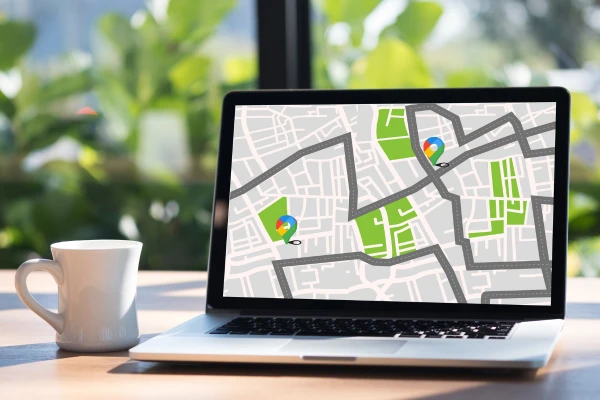
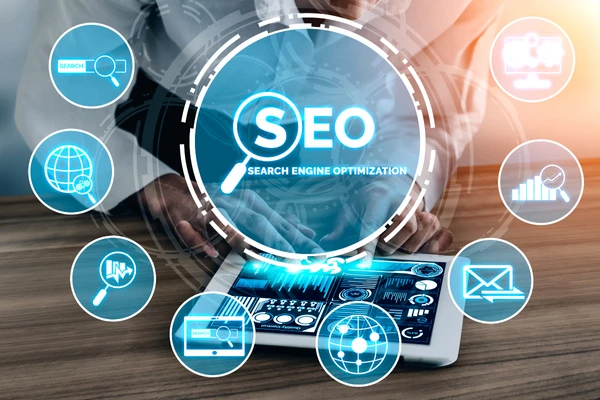



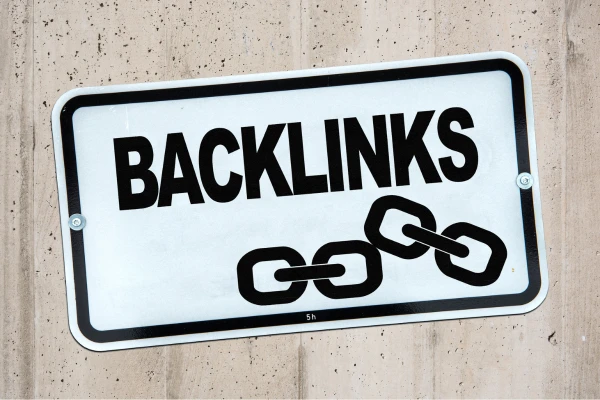

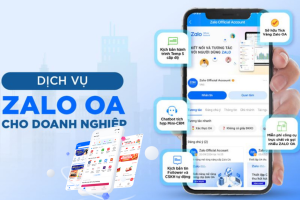
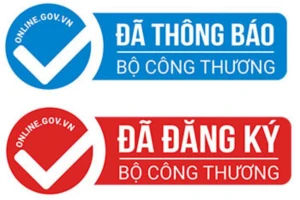


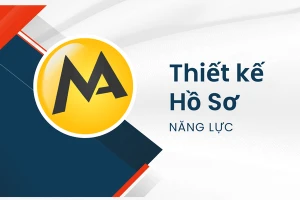



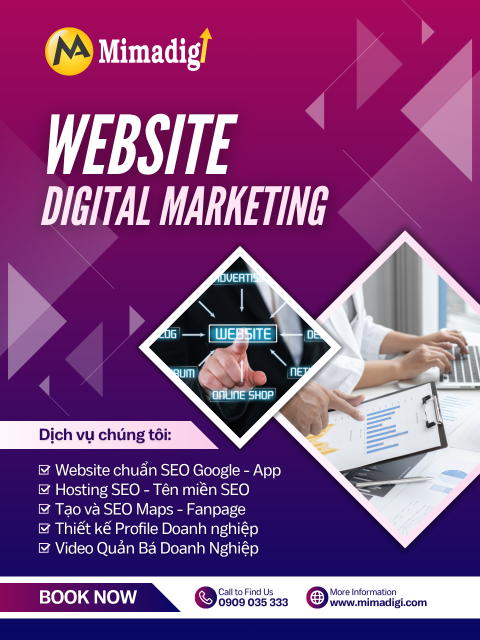






Share your review